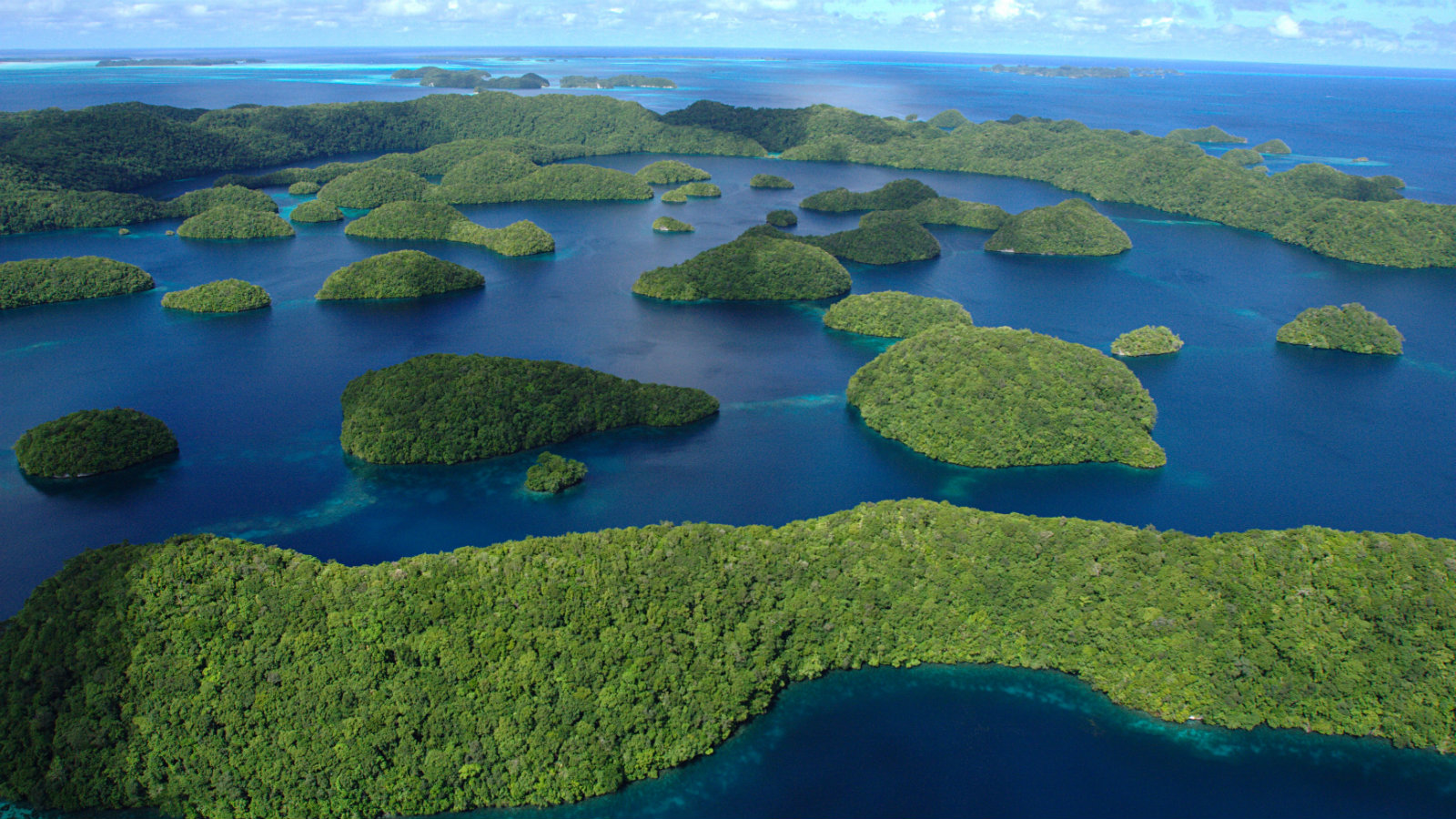It’s been a hard year on planet Earth. We saw earthquakes, typhoons, out-of-control wildfires, record-breaking snow, record-breaking heat, and waaaay too much Donald Trump. There has, however, been one shining star in this otherwise garbage pile of a year: oceans!
OK, OK … so it’s not all good. Krill are dying, seals are dying, coral are dying, microbes are dying, and sea ice is melting. However! The island nation of Palau recently announced that it will be designating a 193,000-square-mile area as a marine reserve. This reserve — the sixth largest on the planet — will ban fishing, drilling, dumping, and mining in the area and help protect over 1,000 species of fish and 700 species of coral.
Palau’s announcement means that in 2015, nations planned to protect more ocean area than ever before: Over a million square miles of ocean were protected this year according to Pew Charitable Trusts — an area larger than Texas and Alaska combined. Other areas designated marine reserves this year include the UK’s Pitcairn Island Marine Reserve, the Kermadec Ocean Sanctuary in New Zealand, and Nazca-Desventuradas Marine Park in Chile.
At the same time conservationists have been pushing for new ocean reserves, marine scientists have documented that fully protecting large areas can have spillover effects by boosting fish populations. Some fish travel outside these areas and can be caught, making these restrictions more politically-palatable to local residents.
National Geographic explorer in residence Enric Sala, author of the new book “Pristine Seas: Journeys to the Ocean’s Last Wild Places,” calls these regions “fish banks,” in which fishing operators can draw down the interest without depleting the capital.
According to a 2009 study published by a group of researchers at the University of California, Santa Barbara, Oregon State University and the National Marine Fisheries Service, no-take reserves on average produce four times as much fish and these fish are 25 percent larger. Larger fish produce many more offspring, which in turn migrate to neighboring areas where fishing can take place.
So more protected fish means more fishing stock — that is what you call a win/win. Thank you to Palau and other ocean-saving nations for being a beacon of hope in an otherwise train wreck of a year. Maybe we could all learn a little something from this little island nation.



